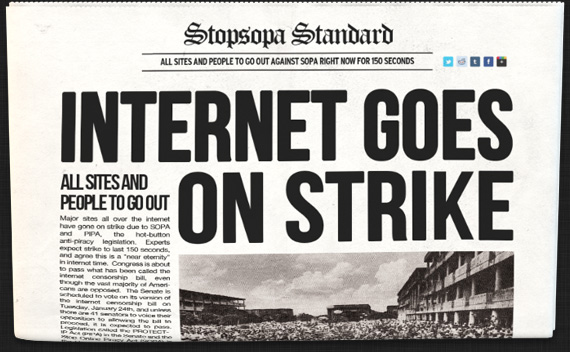I responded to a @HuffPostBooks piece, written by Randy
Susan Meyers, about finding book titles that work. The information on Huffington Post was very
helpful and interesting, and I thought I’d share my response on this blog.
I had a title change just over a year ago, when my sixth YA
fiction title "Aiden's Arrival: Honor Before Gold" gained the three
extra words. It was likely a good idea, but at least it kept my original
working title of Aiden's Arrival.
Now, I've just been going through this title problem
again. I received unasked-for feedback
on a title for a book to be published in March.
The refrain, "Love the book, hate the title. Find another
one," sounds just like what I heard.
At first, I resisted.
Strongly. Very strongly.
The working title for my new YA fiction book was important
to me, as it identified the book better as the first of a series. With one book completed and the second of
four nearly written, I was certain that "Prince David, Book 1: Enter the
Heir" was right. However, after a
great deal of discussion and convincing on the part of my editing team, I
finally agreed that "Zac and the Reluctant Prince (Book 1 of the Prince
David series)" was a better choice.
The outcome of that choice remains to be seen, of course, and I am
gradually coming to terms with the new title.
After living with the working title for so long, learning to like the
new one will take some time.
I think the lesson here is that it often takes a detached
expert view to help us authors see the faults in our books, our titles, and our
covers. We need to accept the suggestions, see the light, and accept what will help
our books reach the most readers. In the
end, though, we'll never know until we see how it does (or doesn't).





